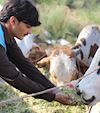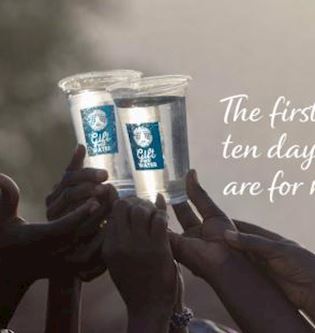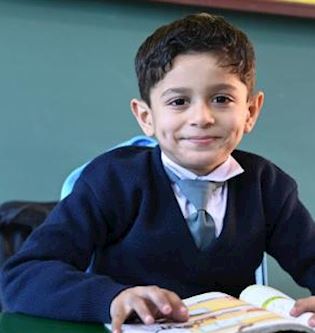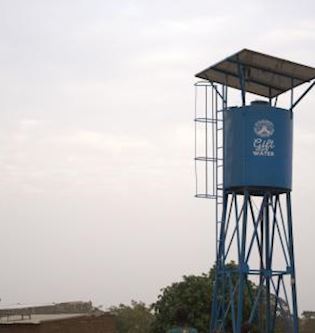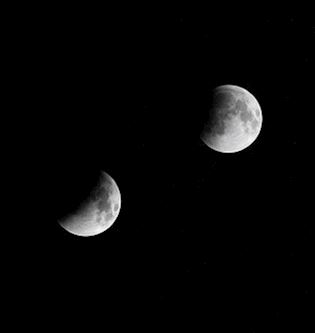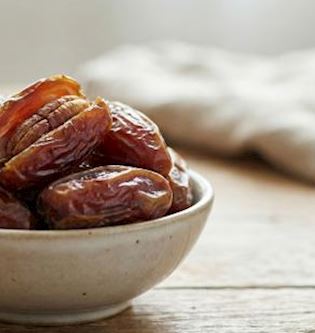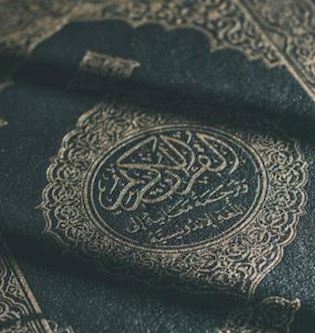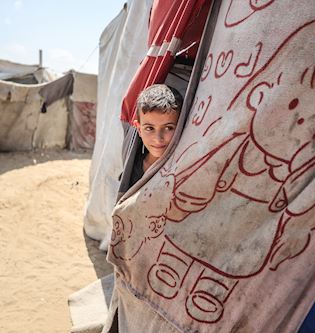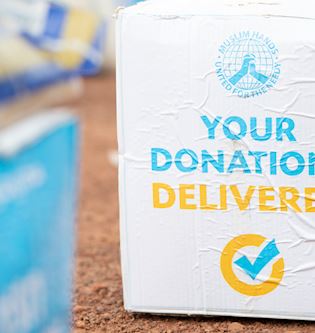Maximizing Blessings: How to Spend the Best 10 Days in Dhul Hijjah
Are you seeking to learn the most rewarding ways to spend the best 10 days in Dhul Hijjah?
The Prophet Muhammad (PBUH) said:
“There are no days on which righteous deeds are more beloved to Allah than these ten days.”
[Sahih Bukhari]
What are the best Righteous Deeds to do in the first 10 days of Dhul Hijjah?
In the footsteps of the Prophet Muhammad (PBUH), who intensified his worship during these days, we too are called to immerse ourselves in
- fasting,
- recitation of the Quran,
- dhikr
- seeking forgiveness,
- increase prayers,
- Qurbani,
- charity,
- following the sunnah and not cutting hair and nails for the first ten days.
- Pilgrimage (if possible)
Together, all the deeds take on an amplified significance under the umbrella of Hajj, a pillar of Islam, promising immense rewards and the forgiveness of sins.
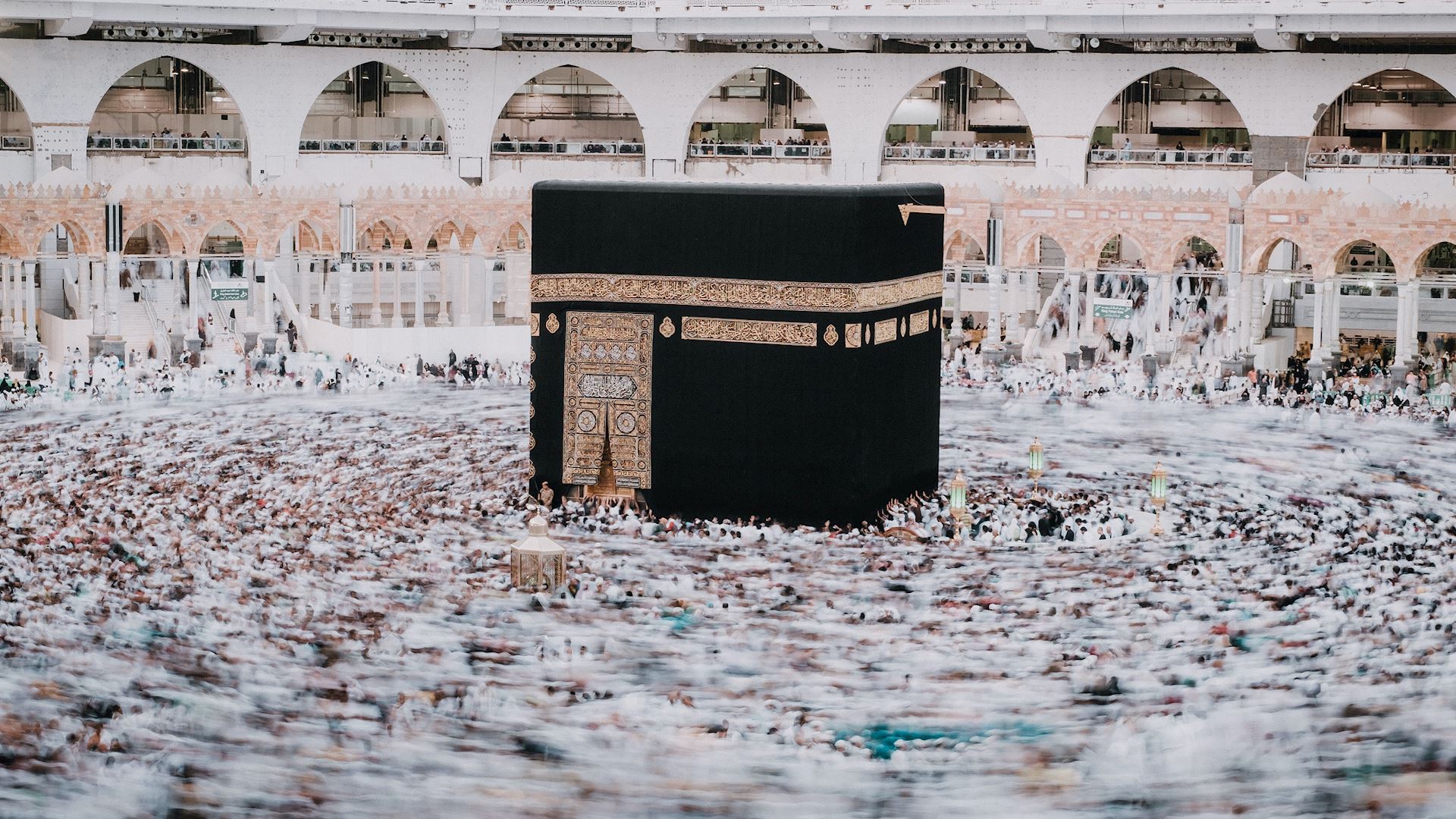
The Significance of Fasting
The joy of fasting during these ten days is a sunnah steeped in the promise of divine rewards and forgiveness.
“There is no day on which Allah frees people from the Fire more so than on the day of ‘Arafah.”
[Sahih Muslim]
When the ninth day, the Day of Arafah, dawns, it brings with it the opportunity to atone for the sins of not one, but two years.
“Fasting the day of Arafah expiates the [minor] sins of two years.”
[Sahih Muslim]
Fasting on the day of Arafah, as specifically recommended by Prophet Muhammad (SAW), is a profound declaration of devotion and an earnest plea for mercy. The fast is more than an act of worship; it is an intimate conversation with Allah, carried on the winds of dawn until the sun dips below the horizon, marking the completion of a day spent in profound spiritual connection.
For those who are not giving Qurbani, it is especially recommended that they not only fast on the day of Arafah, but all 9 days of Dhul Hijjah leading up to Eid. The more righteous deeds you able to put on you time stamp during these 10 days the higher the reward.
Recitation and Reflection on the Quran
The Quran, a timeless guide, becomes an even more central aspect of worship during the ten days of Dhul Hijjah. As the believer recites, pauses, and ponders, on the verses of the Quran, a re-affirmation of faith, a resolve is formed. Building a connection to the word of Allah motivates you to not only read but to live by the Quran, allowing its teachings to shape actions and attitudes.
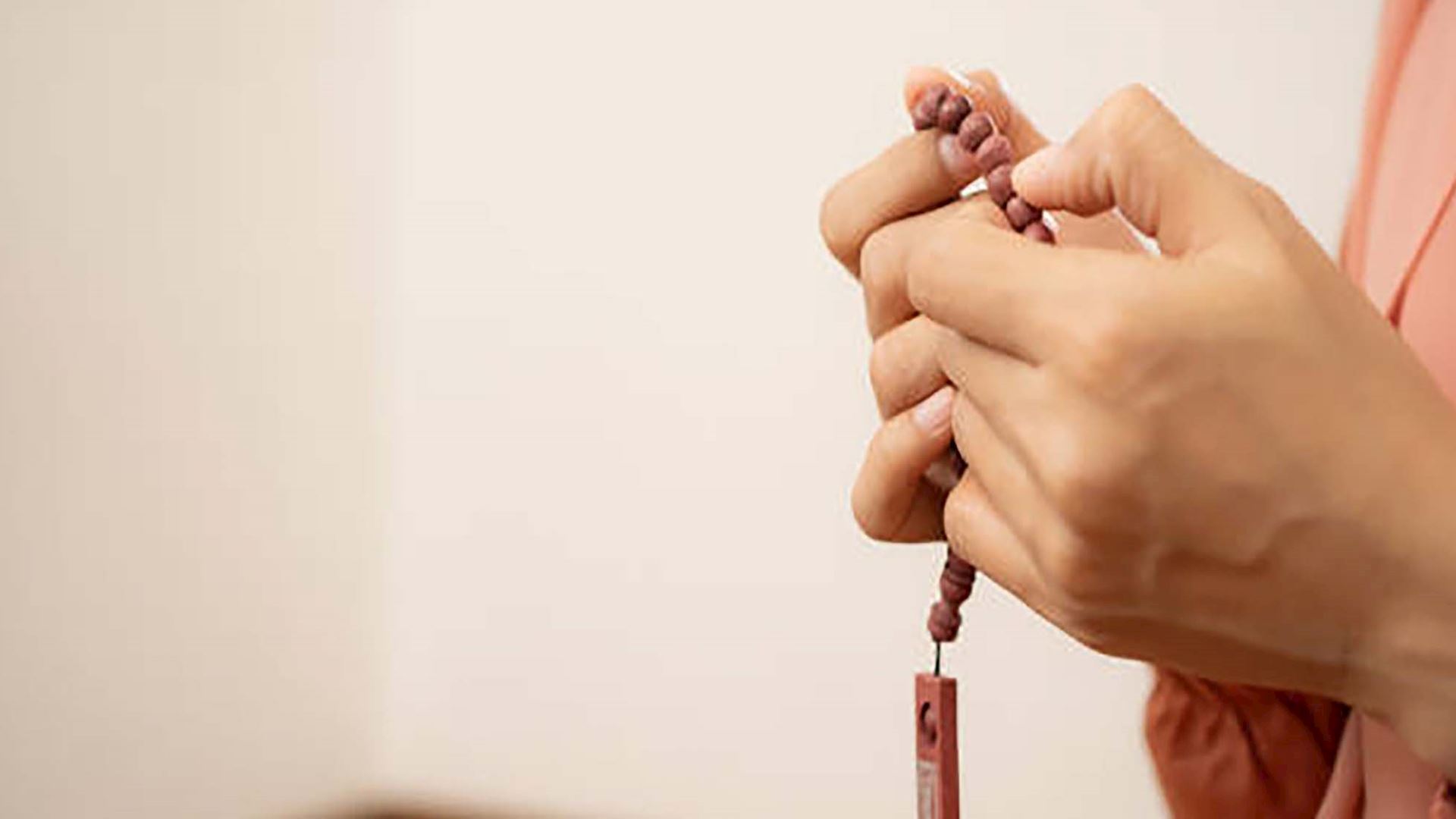
Engage in Dhikr and Takbir
Dhikr is the remembrance of Allah (swt), and during the ten days of Dhul Hijjah, it takes on a symphonic quality, with the takbir, tahleel, and tahmeed echoing throughout the Muslim world mirroring the people who are doing Hajj. Remembering Allah through these phrases is a fortress for the believer.
There are no days that are greater before Allah in which Good Deeds are more beloved to Him, than these ten days, so recite a great deal of tahleel, takbeer and tahmeed during them.”
[Ahmad]
And so, amid the hustle of daily life, the believer finds moments to pause, and say ‘Allahu Akbar’, ‘Laa ilaha ill Allah’, and ‘Alhamdulillah’. Whether whispered in the quiet of the night or proclaimed in the company of others, dhikr is an enduring act of worship that weaves through the ten days.
Seek Allah's Forgiveness
In the blessed days of Dhul Hijjah, the pursuit of forgiveness becomes a sacred endeavor. Prophet Muhammad (PBUH) emphasized the importance of repentance and istighfar during these days, understanding their power to cleanse the soul and renew one’s relationship with Allah.
Ibn Abbas (May Allah be pleased with them) said: The Messenger of Allah (peace be upon him) said, “If anyone constantly seeks pardon (from Allah), Allah will appoint for him a way out of every distress and a relief from every anxiety, and will provide sustenance for him from where he expects not.”
[Abu Dawud]
As each day of Dhul Hijjah passes, the promise of forgiveness becomes a beacon of hope, guiding the soul toward a brighter, more pious future.
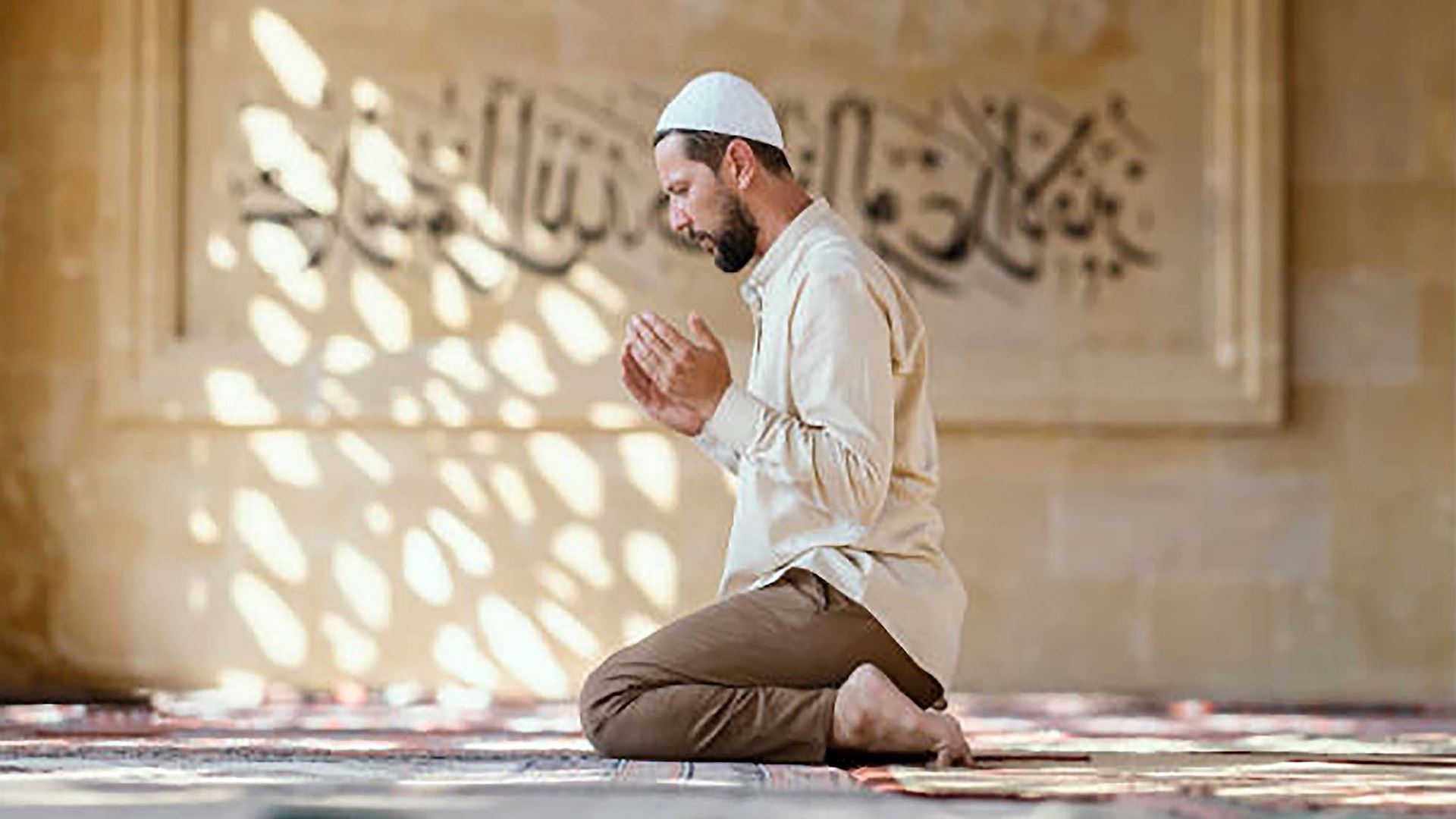
Perform the Sunnah Prayers
The Sunnah prayers, though not compulsory, are a wellspring of spiritual enrichment. Observing these additional prayers, such as Tahajjud, during the ten days of Dhul Hijjah, is a cherished practice, a means of drawing the believer ever closer to the blessing and pleasure of Allah(swt). Especially during the last third of the night, when the world sleeps, when the heart speaks most clearly, and the connection between the servant and their Lord is mostly felt. Each prostration, each supplication, is a stroke of faith, a personal testament to Allah’s greatness. So whether you choose to offer salatul tahajjud, or begin praying sunnahs of the five fard prayers, the serenity of these prayers envelops the soul.
The Act of Qurbani: A Symbol of Devotion
Qurbani is a profound act of worship and sunnah of at least three Prophets. It was revived nu the unwavering faith of Prophet Ibrahim, who stood ready to sacrifice his son Ismail in obedience to Allah’s command.
And as Allah(swt) loved this act of Ibrahim(as) so much that to commemorate his act of Qurbani, Qurbani/Udiyah was made part of Hajj.
Therefore it was bestowed to the Prophet(PBUH) and is performed after the Eid prayer on the 10th to 12th days of Dhul Hijjah. Thus, giving a sacrifice becomes a symbol of the believer’s willingness to surrender to Allah’s will.
"Their meat will not reach Allah, nor will their blood, but what reached Him is piety from you.'
[22:37]
This sacrifice reflects one’s inner state, a demonstration of Taqwa, and a commitment to follow in the footsteps of the prophets. The distribution of meat is not merely a charitable act but a social obligation that nourishes the community's body and soul. You can sacrifice a larger animal, or a singular small one, to fulfill your religious obligation.
If you have not yet donated your Qurbani/Udhiyah – you can donate now for just $70!
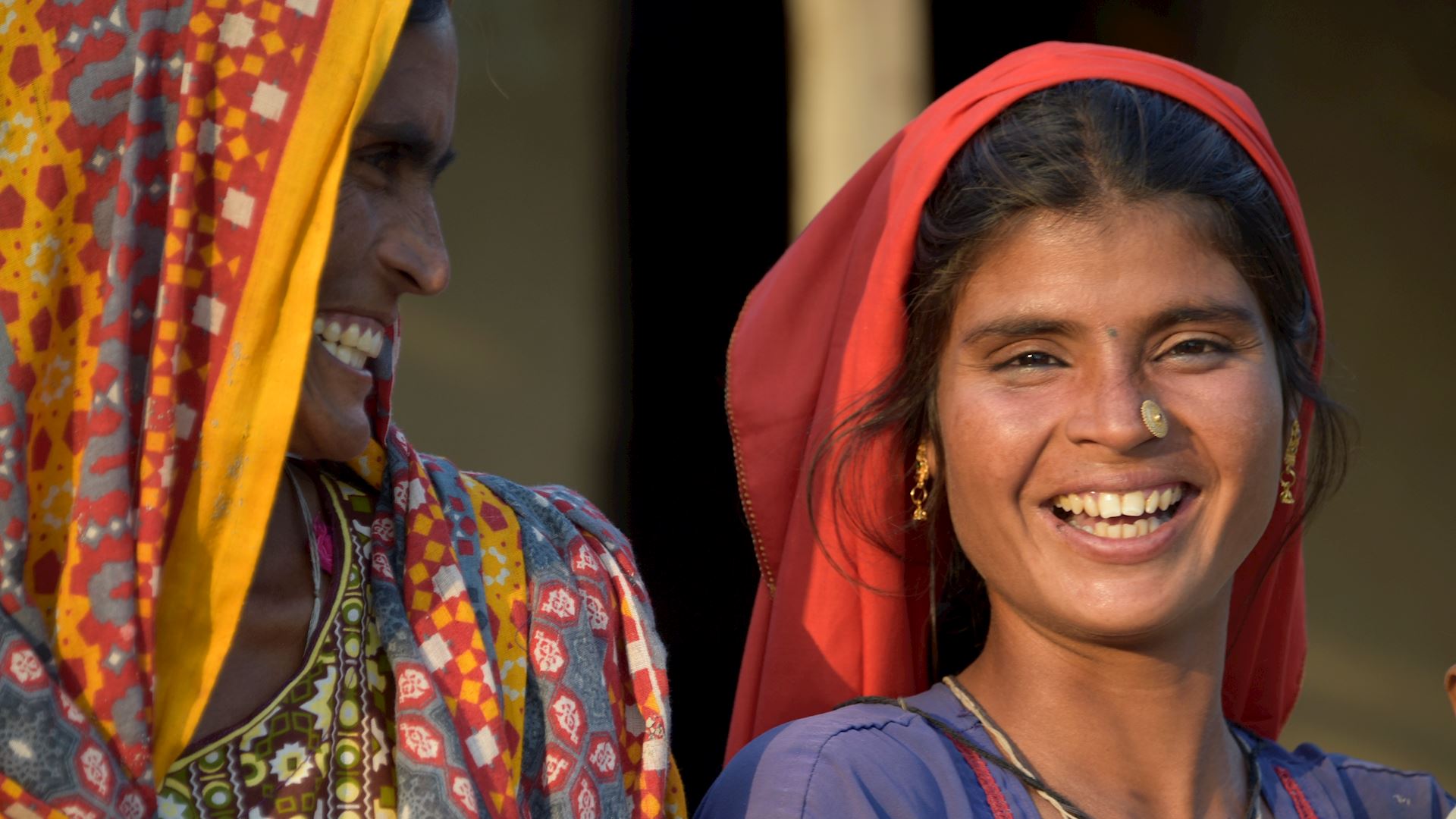
Charity and Goodwill: Acts of Generosity
In the first ten days, many people try to give at much as possible, whether it is food, water, or monetary donation, so that others can also give Qurbani. But it is important to remember the example set by Prophet Muhammad (PBUH) serves as a reminder that charity extends beyond material aid; so being kind, saying good words, or smiling can become charity on your behalf with right intention.
Each act of kindness, every gesture that uplifts another, and thus brings you closer to Allah(swt).
Aid Those in Need
One of the best ways to aid those in need in Dhul-Hijjah is by giving Qurbani/Udiyah on Eid al Adha. Qurbani/Udiyah is a means of providing sustenance, helping small businesses, and feeding the impoverished so that on the days of Eid they can have joy and support to celebrate Eid.
Thus days of Dhul Hijjah are a clear call to look beyond one’s own needs and to consider the well-being of others. As Hasan al-Basri suggested, the benefit of supporting the needy may well exceed that of repeated pilgrimages, for in serving others, we serve Allah. This is the true essence of ‘good deeds’, where the reward lies not only in the act itself but in the positive change it catalyzes in the world around us.






